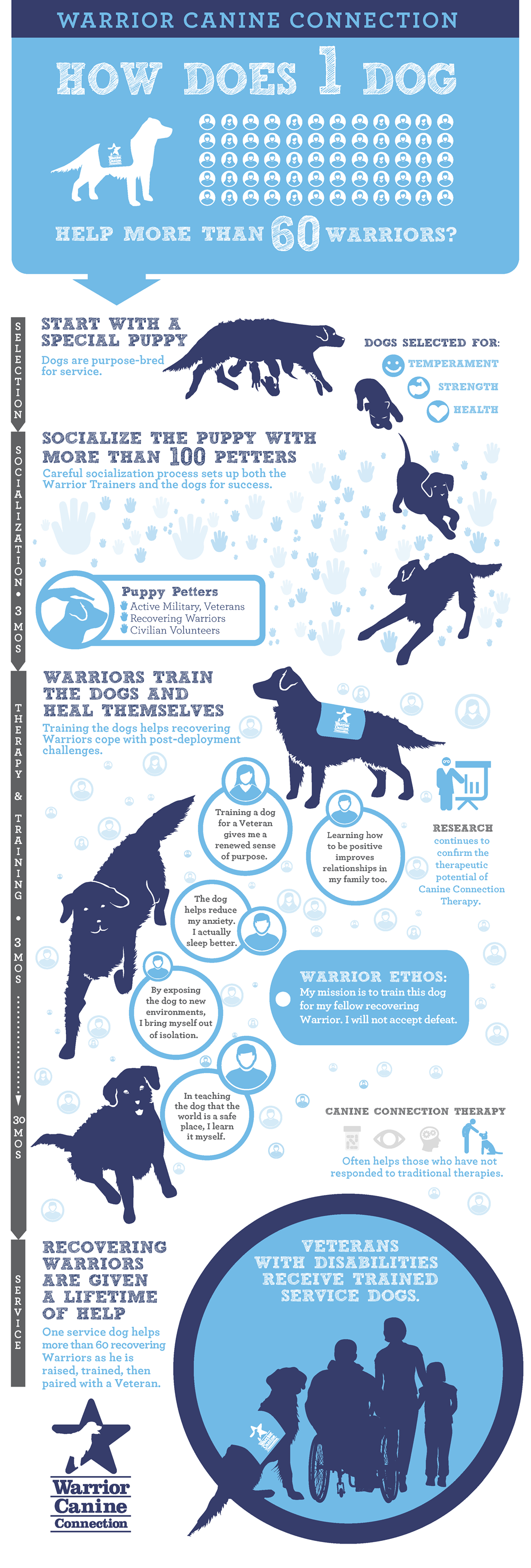Canines in childcare get lots of workout, socialization with various other pets and special experiences. This can be particularly helpful for pups and pet dogs with behavioral issues.
There are several legal considerations you require to think about when starting a doggy daycare company. These consist of the framework of your organization and conformity with federal government regulations.
1. Canine Distemper
Canine distemper is spread with straight contact with the physical liquids and waste of a contaminated dog, but it can also be transferred through common water and food bowls or with air-borne beads. This very transmittable illness is most dangerous for puppies, but it can affect canines of any type of age and is deadly for a lot of if left unattended.
First signs and symptoms of canine distemper usually mimic an acute rhinitis, including runny eyes and nose with watery or pus-like discharge. As the disease progresses, a dog will develop fever, coughing, reduced appetite, vomiting and diarrhea. The virus can also attack the nervous system, resulting in seizures, twitching and partial or complete paralysis.
Reliable daycares decrease exposure to infection by requiring vaccinations, regular health examinations and adhere to rigorous health procedures. If your puppy appears excessively exhausted or limping, a day of rest may help him recoup, yet you need to stay clear of taking him back to day care up until these signs clean up.
2. Kennel Cough
Kennel cough, additionally called transmittable canine tracheobronchitis or Bordetella, is a very infectious viral or bacterial disease that affects the respiratory system. It's generally moved through the exchange of saliva or air droplets that an unwell pet dog breathes out. Social canines are at higher threat for infection as a result of their regular interaction with one another, such as when they play, share food or water, smell one another or simply fulfill in a jampacked atmosphere like a dog park or childcare.
One of the most typical symptom of kennel coughing is a relentless and powerful cough that seems like something stuck in the throat or retching. Frequently, pets will certainly spend frothy white phlegm. If left untreated, a pet can create pneumonia and be at serious threat permanently.
A credible day care facility must have stringent cleaning and hygiene procedures, sanitize all playthings, food and water bowls frequently, and be open about their inoculation policies. Keeping your pet approximately date on their vaccinations, especially for bordetella and canine influenza, will greatly minimize their possibilities of getting the health problem.
3. Parvovirus
Canine parvovirus, or parvo, is a highly contagious viral health problem that can be fatal for pups and young adult dogs with inadequate immune systems. It's most frequently spread by straight contact with polluted dog feces-- which can occur when dogs sniff, lick, or preference contaminated feces-- and indirectly from contaminated individuals, items, or environments (like kennels, brushing rooms and lawns). Puppies and pet dogs without complete vaccination backgrounds are especially susceptible to parvo.
The infection is extremely resistant, making it through in the environment for approximately nine years, and can quickly be moved in between canines by call via feces or on shoes, apparel, and bedding infected dog boarding kennel with parvovirus. If not dealt with promptly with IV fluids, electrolyte equilibrium, vomiting control medicines and antibiotics to avoid secondary microbial infections, a dog will quickly dehydrate and create serious diarrhea, which causes shock and sepsis. Parvo is hard to cure as soon as a canine has actually become ill, yet with appropriate vet care, lots of puppies do endure this health problem.
4. Canine Flu
Canine flu virus is highly infectious and spreads through direct call, sharing food and water bowls, licking or nuzzling other dogs, with air-borne droplets, and with contaminated surface areas. Inoculation is effective in lowering the danger of infection and episodes.
A lot of affected pet dogs develop a moderate respiratory system infection with a cough that lasts 1-3 weeks. They might also have nasal and ocular discharge, sneezing, and sleepiness. Some of the most severe cases lead to pneumonia and a high fever.
If your pet dog exhibits any of these signs and symptoms, do not bring them back to daycare up until they are healthy and balanced. If your dog is showing signs of severe exhaustion or limping, speak with your veterinarian right away and make certain they get on good health supplements to assist construct their resistance. A veterinarian will review your dog for signs of the influenza by taking an example from the nose or throat, and blood tests can be done to confirm.
